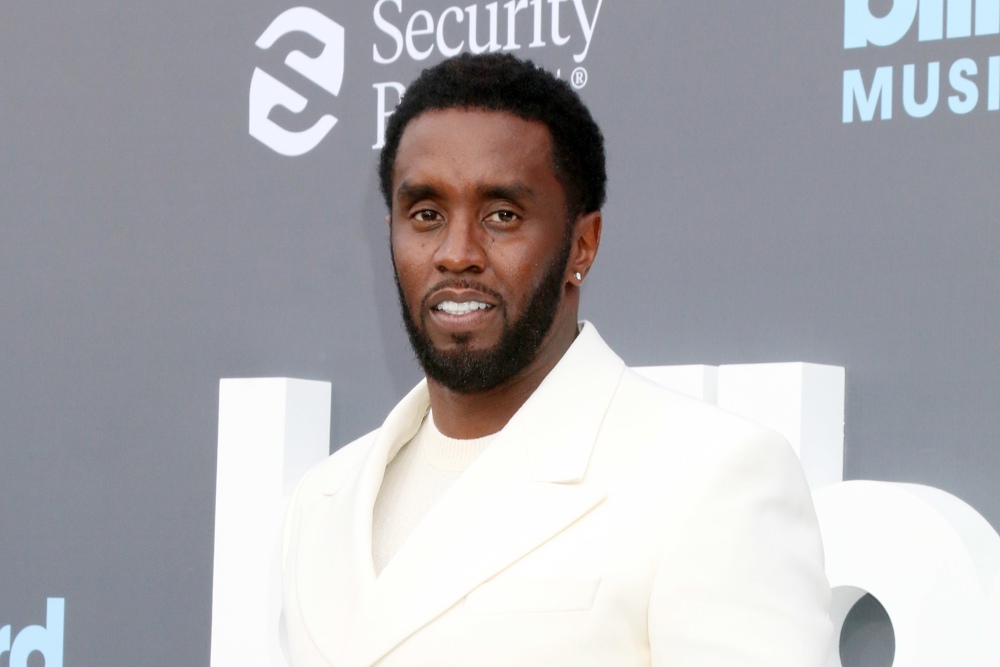- May 13, 2025
Diddy, an ambitious “Bad Boy” excluded from the elite amid accusations of sexual violence

New York (EFE) – American rapper Sean Combs, known as Diddy, faces his day of reckoning today in a New York federal court, in what will be the culmination of his resounding fall as a Black icon, amid accusations of sexual assault, pimping, and organized crime.
Sean Combs (New York, 1969) starred in one of those stories of ambition that so fascinate the country, rising from a humble childhood in Harlem to being ranked as a “billionaire” by Forbes magazine.
However, his reputation has plummeted with the charges brought against him by federal prosecutors of conspiracy to commit extortion, sex trafficking, and transportation for the purpose of pimping, for which he faces a maximum sentence of life in prison.
A childhood marked by his father’s murder
Also known as Puff Daddy, P. Diddy, and “Love,” the 55-year-old artist grew up in Mount Vernon, a city in upstate New York, where he and his family moved after his father’s murder in 1972, when Combs was just two years old.
The rapper’s father, Melvin Combs, was shot and killed inside his car in a crime that authorities said was linked to his involvement in a heroin trafficking ring that operated in different parts of the city.
In Mount Vernon, Diddy attended a Montessori school and later attended a Catholic private school in the Bronx, where he was a starter on the football team.
In 1987, he began a degree in business administration at Howard University (Washington, D.C.), and although he dropped out two years later, he gained notable fame at the school for organizing parties that drew up to a thousand people each week.
Music Success Despite Legal Actions
The trial being held in the Big Apple isn’t the only legal action the artist has faced: in 1991, Combs, who was already working as a talent manager at Uptown Records, organized a basketball game with fellow rapper Heavy D. to raise funds for AIDS on the campus of City College of New York.
The center’s gym, which had a limited capacity of 2,730 people, was attended by about 5,000 people, and a stampede broke out in the crowd that left nine dead, leading him to be sued by the victims’ families.
The rapper was also found guilty in 1996 of threatening a tabloid photographer with a gun and was forced to pay a $1,000 fine; and in 1999, he was accused of kicking and punching record executive Steve Stoute.
However, these incidents didn’t stop Combs from gaining momentum in the music industry, founding his record label Bad Boy Records in 1993, which has been behind works by artists such as Usher, Mariah Carey, and Aretha Franklin.
His first solo project came in 1996, when, under the name Puff Daddy, he released his song “Can’t Nobody Hold Me Down,” which was featured on his album “No Way Out,” released in 1997 and for which he won a Grammy for Best Rap Album.
Combs soon expanded his presence into other fields such as film, appearing in films like “Organized Crime,” and fashion, creating his company Sean John in 1998, whose clothing has become highly sought-after items among young Americans.
In 2023, the same year Diddy released his fifth album, “The Love Album: Off the Grid,” his ex-girlfriend Cassie Ventura filed a lawsuit against the artist for sexual abuse, which was resolved in an out-of-court settlement, the details of which were not disclosed.
Despite emerging unscathed from this litigation, in September 2024 he was arrested in the Big Apple following accusations from the federal prosecutor’s office and booked into a Brooklyn prison. Prosecutors then accused him of holding “elaborate sex shows,” known as “freak offs,” in which he allegedly forced several women into relationships with male sex workers, often under the influence of drugs.
After jury selection is completed today, opening statements will begin for both sides in a trial in which four of the artist’s victims will testify. Graphic evidence and explicit sexual videos will be shown, and a list of high-profile celebrities such as Michael B. Jordan and Kanye West will be named, according to the judge in the case, Arun Subramanian.

